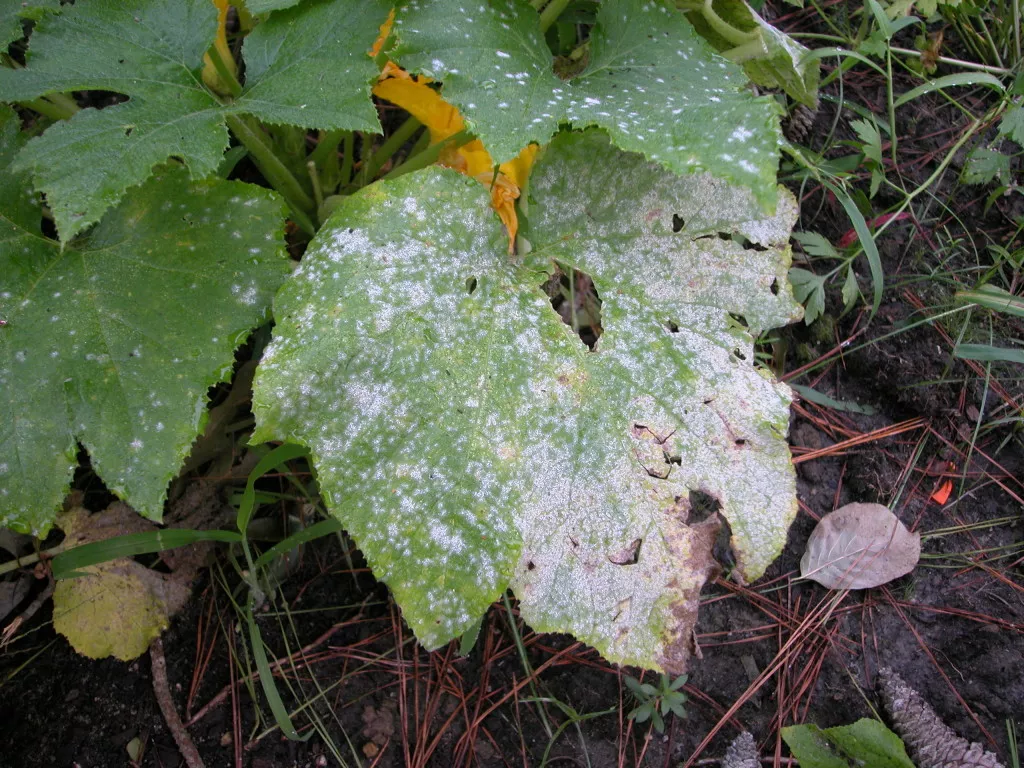How to Protect your Garden from Pests and Diseases

It is an unfortunate fact that no garden is completely free of pests and diseases. There are however many preventative steps that you can take to help protect your plants as much as possible. These are natural and nontoxic ways to keep deadly diseases and problematic pests at bay!
Pick resistant varieties It is worthwhile investing time before you plan you garden to learn about plant varieties that are described as disease resistant. Take to the Internet for more information or talk to reliable garden center and nursery staff about what varieties are available to you.
Beneficial insects You can also carefully choose plants that will reduce the amount of pests in your garden by attracting their predators. For example, plants such as sunflowers and marigolds attract robber flies that will in turn attack grasshoppers, which are renowned for causing trouble for gardeners. Furthermore, ladybirds consume aphids, mites, scale, and whiteflies. You can attract ladybirds to your garden by planting members of the daisy family.
Dig holes If your lawn has brown patches and you are able to grab sections of soil and easily lift it out, then sadly grubs are most likely at work underneath the soil. These can easily be disposed of by randomly digging a few holes in your lawn and looking out for fat white worms that curl up in the shape of a C.
Barriers There are a variety of ways you can block predator’s access to your garden. Berries and tree fruit can be protected from birds by using lightweight netting. If you only need to protect just one plant or a row then we recommend using a cloche, which is a temporary cover that can be sized and shaped to fit a particular situation. Row covers can be used to provide protection for vegetables crops from insects, birds, caterpillars and even squirrels. Fences of any size can be used to deter pests. Individual collars of fencing should be used to protect tender and young plants because many are only susceptible to being attacked then.
Give plants space If you want to avoid fungal infections then refrain from spacing plants closer than recommended. Tightly spaced plants don’t dry as quickly after rain, which gives the fungus a greater opportunity to develop and spread, as fungal infections need moisture to thrive.
Maintenance A little extra maintenance can help to increase your gardens chance of avoiding diseases and pests. Any diseased or dead plant material should be removed from your garden and disposed of immediately. Remove dead leaves, fallen fruit and any other debris that could be a potential home for pests. Don’t add these plants your compost or you could encourage reinfection.

